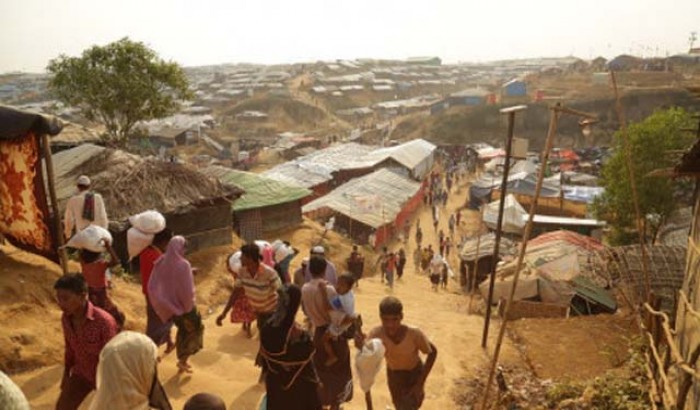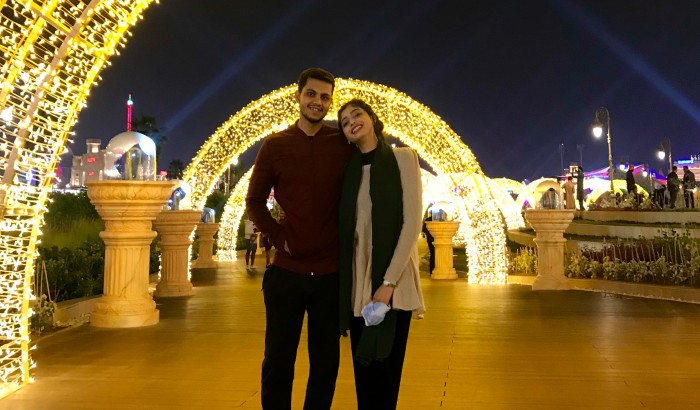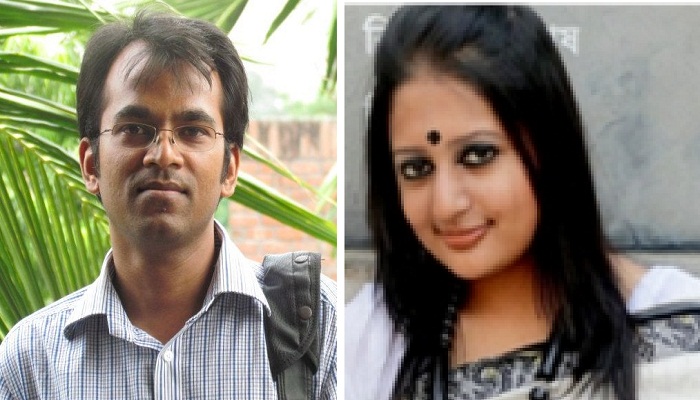
Over one million Rohingyas are living at the 32 camps in Ukhiya and Teknaf upazilas of Cox's Bazar. The rate of HIV infection among the Rohingyas is very high compared to the host community,
The Rohingya community has an alarmingly high exposure to HIV, said health professionals and NGO workers.
Of the 1,135 people who were diagnosed positive for HIV in Cox's Bazar, 927 are Rohingyas, according to the anti-retroviral therapy centre of Cox's Bazar General Hospital.
Lack of preventive measures and awareness about AIDS, polygamic habits among the refugees, and unsafe sexual contacts, particularly with sex workers, are possible key factors of high exposure to HIV among the Rohingyas
Medical professionals working in the district are at risk from the undetected HIV patients of the community, said Dr Md Ashiqur Rahman, resident medical office of Cox's Bazar General Hospital.
Recently, a pregnant Rohingya woman, who had to go through a C-section, was screened for HIV and tested positive, he said.
The doctor who operated on the patient had to take preventive therapy since the virus spread through the patient's blood, Dr Ashiqur said.
"Though we conduct a screening test before any surgery for Rohingyas, sometimes it's not possible to do the test immediately when the case is severe and needs immediate operation," he added.
"This is the tip of the iceberg for an alarming situation. We don't know the actual number of HIV-positive patients among the Rohingyas. Most of the detected patients actually came to us with other complications and examining their symptoms, we suggested HIV tests, which came back positive," he said.
Mass screening is not allowed to detect HIV since there are some humanitarian issues, so the extent of HIV infection could not be determined.
He recommended a holistic approach with participation of all actors and contact tracing of the infected individuals' family members to contain the risk.
Rohingya HIV patients and their partners are being observed by health workers, while pregnant women are also screened for the unborn's safety, said Dr Md Sarwar Jahan, assistant health coordinator at the Refugee, Relief and Repatriation Commissioner's office.
IHR/MLA/JNA



-2018-06-07-14-19-03.jpg)


